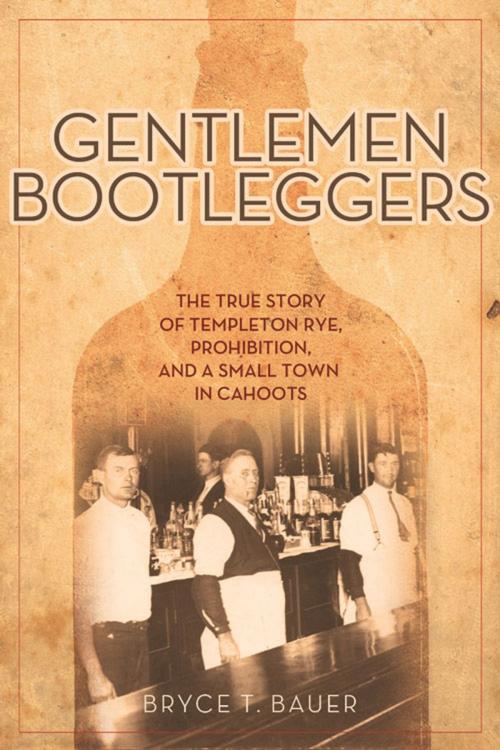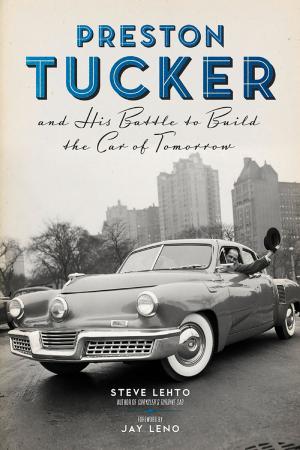Gentlemen Bootleggers
The True Story of Templeton Rye, Prohibition, and a Small Town in Cahoots
Nonfiction, History, Americas, United States, 20th Century, Social & Cultural Studies, True Crime| Author: | Bryce Bauer | ISBN: | 9781613748510 |
| Publisher: | Chicago Review Press | Publication: | July 1, 2014 |
| Imprint: | Chicago Review Press | Language: | English |
| Author: | Bryce Bauer |
| ISBN: | 9781613748510 |
| Publisher: | Chicago Review Press |
| Publication: | July 1, 2014 |
| Imprint: | Chicago Review Press |
| Language: | English |
During Prohibition, while Al Capone was rising to worldwide prominence as Public Enemy Number One, the townspeople of rural Templeton, Iowa—population just 418—were busy with a bootlegging empire of their own. Led by Joe Irlbeck, the whip-smart and gregarious son of a Bavarian immigrant, the outfit of farmers, small merchants, and even the church Monsignor worked together to create a whiskey so excellent it was ordered by name: Templeton Rye. Gentlemen Bootleggers tells a never-before-told tale of ingenuity, bootstrapping, and perseverance in one small town, showcasing a group of immigrants who embraced the American ideals of self-reliance, dynamism, and democratic justice. It relies on previously classified Prohibition Bureau investigation files, federal court case files, extensive newspaper archive research, and a recently disclosed interview with kingpin Joe Irlbeck. Unlike other Prohibition-era tales of big-city gangsters, it provides an important reminder that bootlegging wasn’t only about glory and riches, but could be in the service of a higher goal: producing the best whiskey money could buy.
During Prohibition, while Al Capone was rising to worldwide prominence as Public Enemy Number One, the townspeople of rural Templeton, Iowa—population just 418—were busy with a bootlegging empire of their own. Led by Joe Irlbeck, the whip-smart and gregarious son of a Bavarian immigrant, the outfit of farmers, small merchants, and even the church Monsignor worked together to create a whiskey so excellent it was ordered by name: Templeton Rye. Gentlemen Bootleggers tells a never-before-told tale of ingenuity, bootstrapping, and perseverance in one small town, showcasing a group of immigrants who embraced the American ideals of self-reliance, dynamism, and democratic justice. It relies on previously classified Prohibition Bureau investigation files, federal court case files, extensive newspaper archive research, and a recently disclosed interview with kingpin Joe Irlbeck. Unlike other Prohibition-era tales of big-city gangsters, it provides an important reminder that bootlegging wasn’t only about glory and riches, but could be in the service of a higher goal: producing the best whiskey money could buy.















